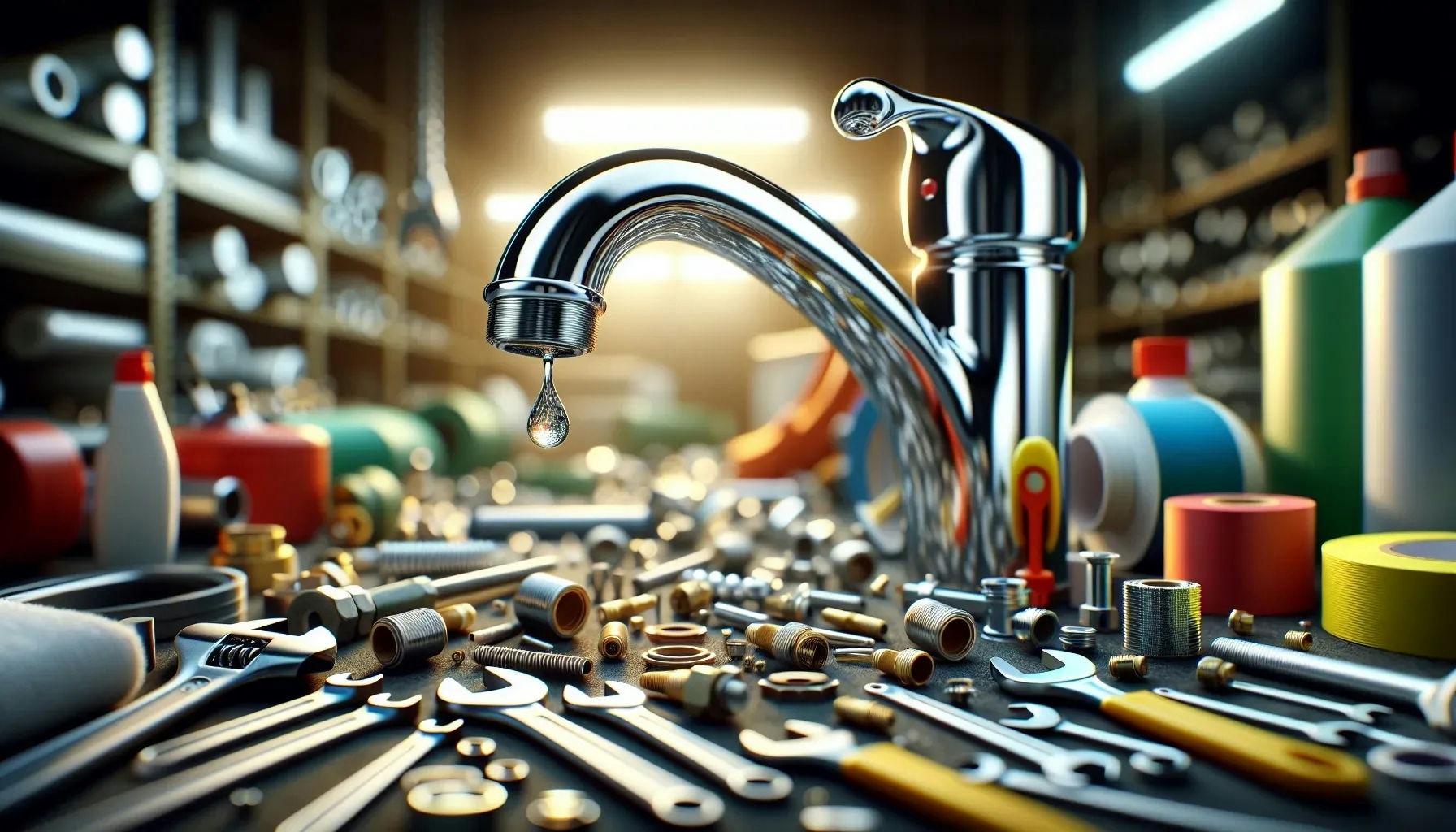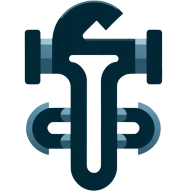Plumbing maintenance is a crucial aspect of homeownership, often overlooked until a problem arises. This blog post aims to shed light on the best practices in plumbing maintenance, helping you keep your system in top shape. We'll delve into various aspects of plumbing maintenance, from regular check-ups to dealing with common issues, and how to prevent them in the first place.
Understanding the Importance of Regular Plumbing Maintenance
Regular plumbing maintenance is the cornerstone of a well-functioning system. It's not just about fixing leaks or unclogging drains; it's about preventing these issues from occurring in the first place.
Regular check-ups can help identify potential problems before they escalate, saving you time, money, and the inconvenience of dealing with a plumbing emergency. For instance, a small leak may seem insignificant, but if left unchecked, it could lead to water damage, mold growth, and structural issues.
Moreover, regular maintenance can extend the lifespan of your plumbing system. By ensuring that all components are in good working order, you can avoid premature replacements and costly repairs.
Essential Plumbing Maintenance Tasks
There are several essential tasks that should be part of your regular plumbing maintenance routine.
Inspecting your pipes for leaks is a crucial step. Even a small leak can lead to significant water waste and potential damage. Look for signs of moisture or water stains on walls, ceilings, and floors.
Drain cleaning is another important task. Over time, debris can build up in your drains, leading to clogs and slow drainage. Regular cleaning can help keep your drains clear and functioning properly.
Water heater maintenance is also essential. Regularly draining and flushing your water heater can help prevent sediment build-up, improving its efficiency and lifespan.
Lastly, don't forget about your toilets. Regularly checking for leaks and ensuring that they flush properly can prevent water waste and potential damage.
Dealing with Common Plumbing Issues
Despite your best efforts, plumbing issues can still arise. Knowing how to deal with common problems can help you resolve them quickly and effectively.
Clogged drains are a common issue. If your drain is slow or not draining at all, a plunger can often dislodge the clog. If that doesn't work, a plumber's snake or drain auger can be used to remove the blockage.
Leaky faucets are another common problem. Often, a worn-out washer is to blame. Replacing the washer can usually fix the leak.
Running toilets can waste a significant amount of water. The issue is often due to a faulty flapper or fill valve. Replacing these components can usually resolve the problem.
When to Call a Professional Plumber
While some plumbing issues can be resolved with a bit of DIY, there are times when it's best to call in a professional.
If you're dealing with a major leak or flood, it's crucial to call a plumber immediately. Water damage can be extensive and costly, and a professional can help mitigate the damage.
Similarly, if you're experiencing low water pressure throughout your home, it could indicate a serious issue with your main water line. A professional plumber can diagnose and resolve the issue.
If you're planning a major renovation or installation, a professional plumber can ensure that everything is done correctly and up to code. This can help prevent future issues and ensure the longevity of your plumbing system.
Preventive Measures for Plumbing Maintenance
Prevention is key when it comes to plumbing maintenance. There are several measures you can take to prevent common plumbing issues.
Being mindful of what goes down your drains can prevent clogs. Avoid flushing anything other than toilet paper down your toilet, and be careful about what goes down your kitchen sink.
Regularly checking your water pressure can also help prevent issues. High water pressure can put strain on your pipes and fixtures, leading to leaks and other problems.
Insulating your pipes can prevent them from freezing in the winter, which can lead to burst pipes and water damage.
Lastly, knowing where your main water shut-off valve is can be crucial in the event of a major leak or flood. Being able to shut off your water quickly can minimize damage.
The Role of Professional Plumbing Maintenance Services
While there's a lot you can do on your own to maintain your plumbing system, professional plumbing maintenance services can provide additional benefits.
A professional plumber has the training and experience to spot potential issues that you might miss. They can also perform more complex maintenance tasks, such as inspecting your sewer line or servicing your water heater.
Professional maintenance services can also provide peace of mind. Knowing that your plumbing system is in good hands can save you the stress and worry of dealing with potential issues.
Moreover, many professional services offer maintenance plans, which can provide regular check-ups and services at a discounted rate. This can be a cost-effective way to ensure the longevity and efficiency of your plumbing system.
Wrapping Up: Mastering Your Plumbing Maintenance
Plumbing maintenance is more than just a chore; it's an investment in your home. By understanding the importance of regular maintenance, knowing how to deal with common issues, recognizing when to call a professional, and taking preventive measures, you can ensure the longevity and efficiency of your plumbing system. Remember, the key to a well-maintained plumbing system is a combination of DIY care and professional services.

